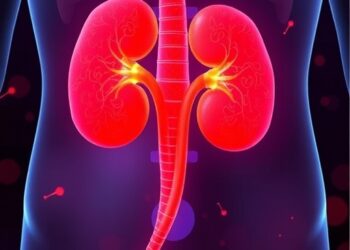For her study, Dr. Sun collected dung samples from five herbivore species—European bison, horse, fallow deer, rabbit, and Scottish Highland cattle—during a field study conducted in Zuid-Kennemerland National Park in the Netherlands in early 2020. These samples were then analyzed in the lab for nutrient content, such as carbon, nitrogen, and phosphorus, as well as for microbial community composition. The research also included greenhouse and garden experiments to observe how different plant species responded to the various types of dung.
“One of our key findings is that the quality of dung varies significantly across different herbivore species.” Dr. Sun explains. “Factors such as body size, digestive system type, and dietary preferences all contribute to these differences. For instance, rabbit dung is particularly high in nitrogen and has a unique microbial composition compared to other herbivore dung. Rabbits have a unique digestive process where they engage in coprophagy: they re-ingest their dung to maximize nutrient absorption. The high nitrogen content in their dung turns out to be especially beneficial for grass species in plant communities.”
However, Dr. Sun emphasizes that no single type of dung can be deemed universally “best” for all plants: “The impact of dung on plant communities depends on various factors, including species-specific plant-microbe symbiotic relationships and the specific nutrient needs of different plants. For example, legumes, known for their nitrogen-fixing ability, benefited more from dung with a lower nitrogen-to-phosphorus ratio, such as that from European bison or horses. The study not only advances our understanding of the ecological roles of herbivores but also highlights the complexity of their contribution to nutrient cycling in terrestrial ecosystems dung deposition.”




